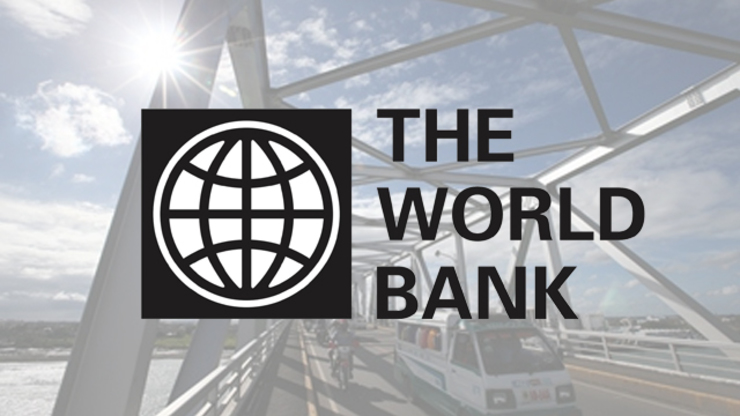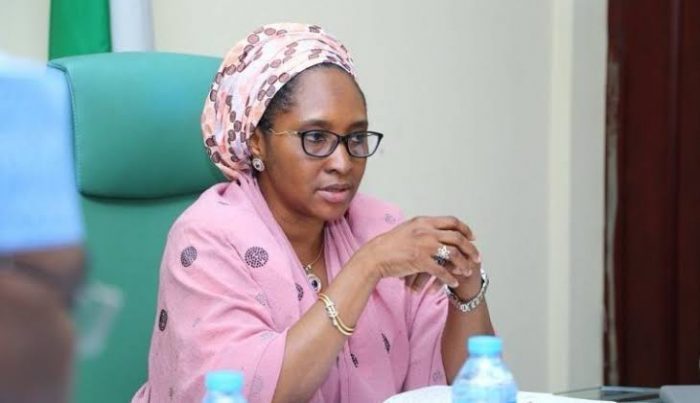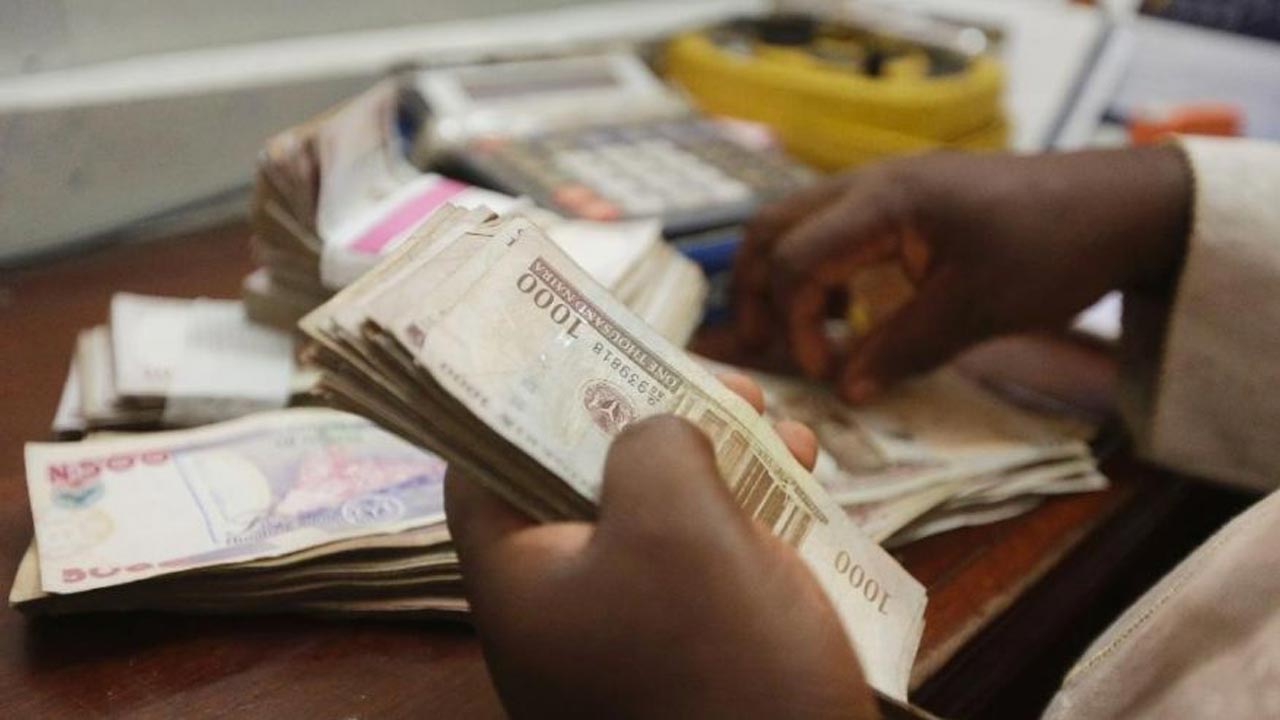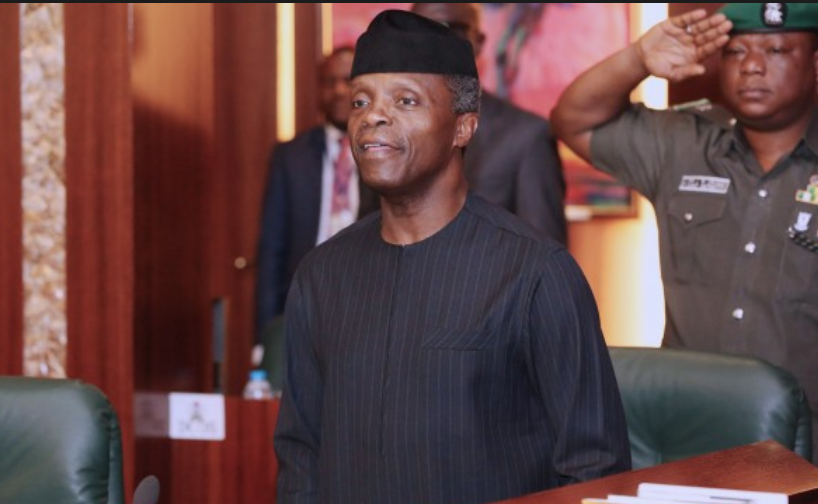By Saad Yushau Shuaib,
I read with keen interest and undivided attention a news story titled, “Debt servicing gulps N8trn as FG seeks more loans,” on the front page of DailyTrust newspaper of Friday, November 1, 2019. In the story, the newspaper reported that President Muhammadu Buhari’s government had so far spent about N7.9 trillion to service both domestic and foreign debts it incurred in five years – from 2015 to 2019, saying the analysis of the country’s budgets in five years has shown.
The N7.9trn which was captured in the country’s annual budgets in the last five years showed that in 2015, the FG spent N943 billion for debt servicing. Then, it spent N1.36trn in 2016 and N1.66trn in 2017. The analysis also revealed that in 2018, the FG spent N2.23trn on debt servicing, while in 2019 it had so far spent N2.14trn.
For the “laymen” who may not know, what “debt servicing” is all about. And may not have heard of something called “National Debt Service”.
Now, this is it: the National debt is the total amount of capital Federal Government has borrowed and, therefore, owes to creditors or back to itself, while national debt service is the amount of instalment payment made over a given period to pay for the interest and principal of an existing loan, secured by a country.
Indeed, national debt is a very important fiscal element of a country’s financial system. Most countries across the world borrow funds to meet their financing needs and close their budget deficit. But it is quite unfortunate that our Nigerian government(s) have always accorded a scant regard securing ‘bogus’ loans. Do they even consider the implications of the long-term (especially) loans?
At the moment, our FG, under the leadership of President Buhari is still seeking fresh loans despite the huge debts that have accrued over the years. This is quite unfortunate and worrisome, as an ever-increasing national debt hinders economic growth.
Earlier in June this year, the African Development Bank (AfDB), in its West Africa Economic Outlook 2019, said debt servicing gulps more than 50 percent of Nigeria’s revenue.
According to AfDB, the average revenue spent by West African countries on external debt servicing is 17 percent. This is high and even higher in Nigeria which spends about 50 percent revenue on external debt servicing.
It added that with the increasing domestic debt burden, the percentage of revenues spent on debt servicing in Nigeria was even higher. The bank said that even though the country’s debt burden had increased by as much as 128 percent in the last eight years, Nigeria’s debt to Gross Domestic Product (GDP) remained low. The low debt-to-GDP ratio notwithstanding, it added that the problem with the nation’s increasing debt burden was the high proportion of revenue spent on debt servicing.
The bank said: “In Nigeria, about half of the revenue is used to service external debt. The increasing domestic debt burden means that the total proportion of the revenue spent on servicing debt is even higher. In a country where only six percent of GDP is collected in revenue, the high burden of debt service is a major concern.”
The AfDB said for countries moving from low-income status to middle-income status like Nigeria, the possibility of accessing concessional debt or increasing the proportion of grants appeared remote.
Many financial experts have raised concerns of how the burden of servicing huge debts is becoming overwhelming for the country to handle.
They are of the view that if such enormous debts keep amassing, Nigeria will get to a point where all it does is to generate revenue to service debts.
Speaking on the foreign loans secured by FG, Sarah Anyawu, a Professor of Development Economics at the University of Abuja, said not all borrowings should be considered good, and that government should borrow externally only for projects with guaranteed return on investment, so as to be able to pay back the loans.
However, in Nigerian contest, the reverse seems the case as the government, most times, borrow money to pay salaries, fund social infrastructure that are hardly geared towards return on investments. It would be recalled vividly that during the administration of former President Goodluck Jonathan, in 2014 to be precise, a loan was secured solely to pay for civil servants’ salaries. What a drawback!
While sourcing for loans is entirely not bad, but, among other things, the government should be transparent in judiciously utilising approved loans for aggressive infrastructural developmental that will in the long run transform the country’s economy, while also enhancing the masses’ standard of living.
Not loans that will find their way to the pockets of our “corrupt” government officials, families and cronies.
Saad Yushau Shuaib
Wuye District, in Abuja.
saadushuaib@yahoo.com




